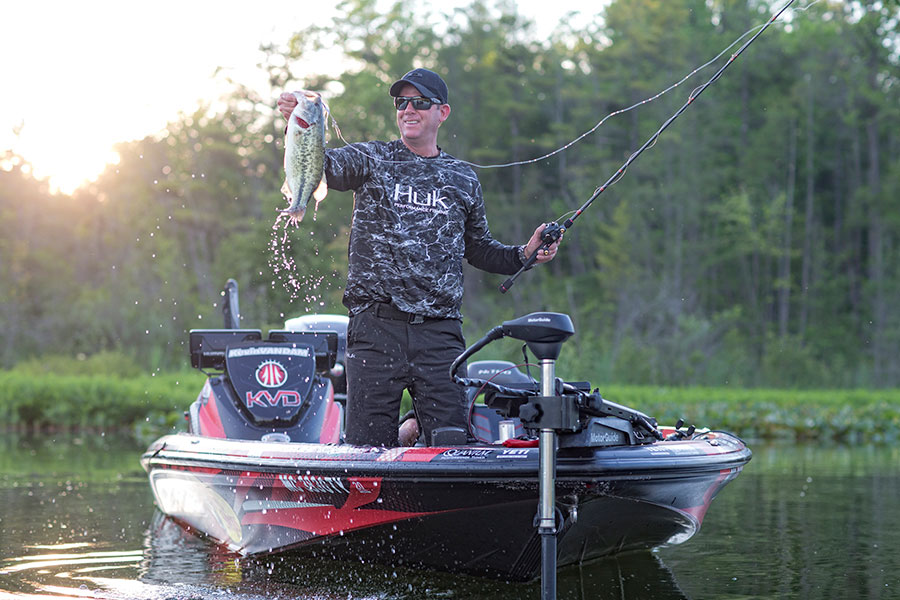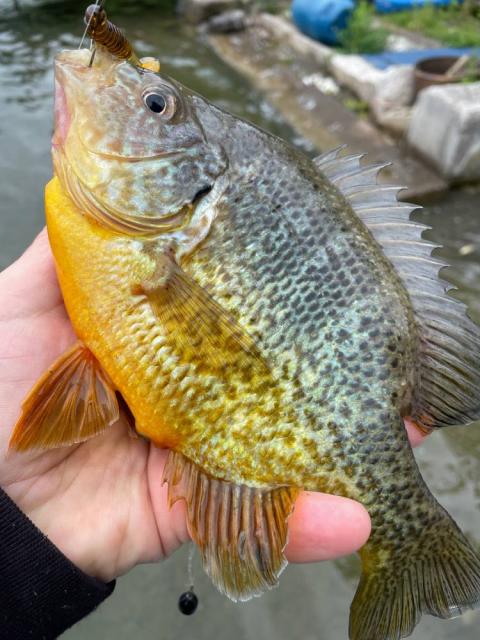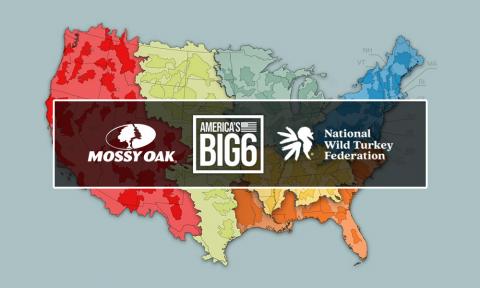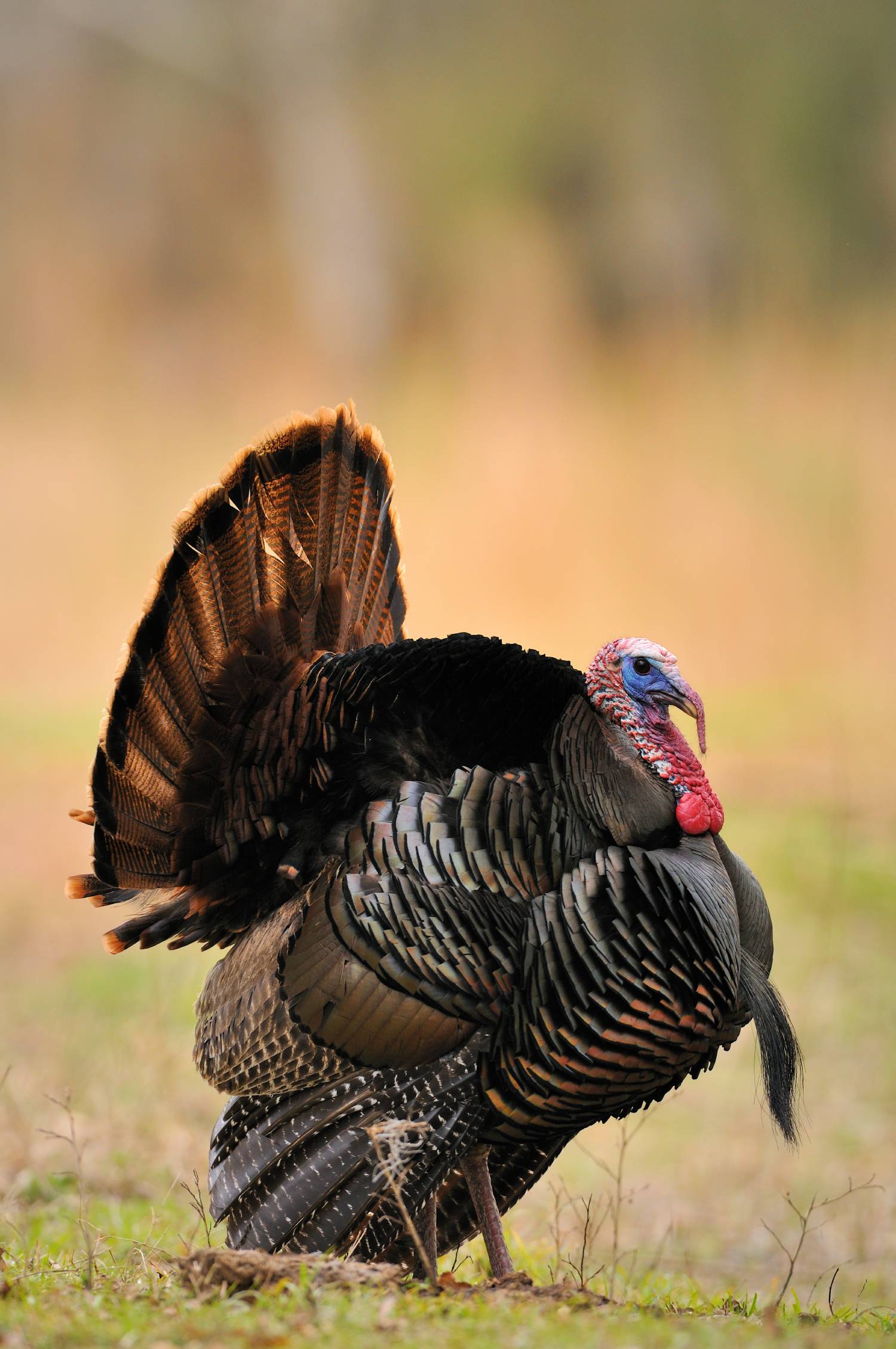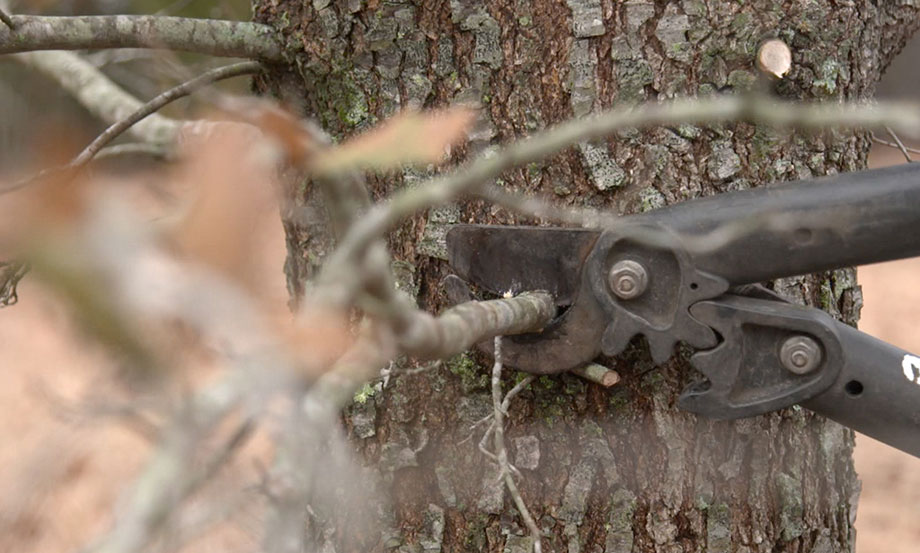
Mast trees need care from time to time if they’re going to remain productive. If left unmaintained, fruit trees can grow out of control and productivity will suffer. If maintained properly, it’s amazing the tonnage a few fruit trees or several mature oaks can provide. Many people think that pruning is all about “cosmetics,” but when it comes to fruit trees, proper pruning is essential for the best yield and the winter months are the best time to trim trees.
This is more important for fruit trees than hard mast trees like oaks because of their growth style, but all trees will benefit from a proper pruning when necessary.
Pruning Tips
- Prune branches that are growing upwards (vertical branches) and leave the branches that grow horizontally. These are stronger and can hold the most fruits.
- If the tree is severely overgrown, you don’t want to prune everything all at once. It can be a process that lasts for two to four years depending upon how far gone the tree is and how much work needs to be completed.
- Remove any suckers or branches that are crowded within the interior of the tree. You want to open the tree for sunlight and air penetration.
- Prune any branches that are touching; they can rub together and be a vector for disease.
- There shouldn’t be multiple branches growing from the same height around the stem. This can be a weakness later on. Prune them so they grow alternately along the main stem.
- For wildlife, you don’t necessarily want to follow pruning suggestions for commercial or home orcharding. Most suggest keeping the tree at a height that facilitates picking. “Topping” the tree isn’t usually recommended when growing trees for wildlife, so keep that central leader so it can grow into a large tree capable of holding larger quantities of fruit or nuts.
- While pruning, remind yourself to step back and observe each cut. This keeps you from overdoing it.
For more tips and know-how on planting trees for wildlife, read “4 Reasons To Start Planting Trees.” Tree planting has played an important role in improving wildlife habitat for ages. As GameKeepers, we know how effective “tree plots” and reforestation can be for attracting wildlife to a property, but take a look at some of the other great reasons to go out and plant some trees!
This article is courtesy of the GameKeepers Farming for Wildlife publication, a quarterly wildlife and land management magazine produced by the Mossy Oak GameKeepers. For more information on subscribing or joining visit Mossy Oak GameKeepers Club.














